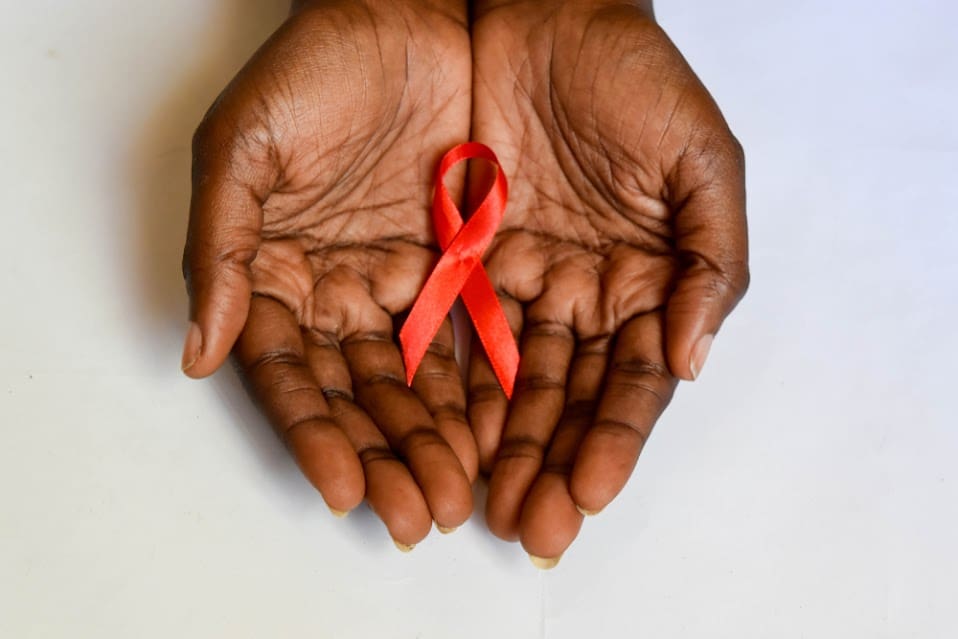A groundbreaking study published in the Lancet HIV has found that up to 2.9 million more children and adults will die from HIV-related causes before 2030 due to significant aid reductions by major donor countries including the United States and United Kingdom.
The research reveals these funding cuts could trigger a devastating resurgence of the HIV epidemic globally, with models projecting between 4.4 million and 10.8 million additional new infections over the next five years compared to scenarios where funding remained stable.
Decades of progress at risk
Researchers warn this potential six-fold increase in new infections among vulnerable populations threatens to unravel decades of hard-won progress in HIV treatment and prevention efforts worldwide.
The mathematical modeling from Melbourne’s Burnet Institute, which incorporated data from 26 countries, projects a substantial 24-percent reduction in global international HIV funding by 2026.
This research represents the first comprehensive analysis examining the combined impact of funding cuts from multiple leading donors, providing a sobering picture of potential consequences.
Major donors withdrawing support
The study identifies five countries that together provide approximately 90 percent of international funding for HIV programs: the United States, United Kingdom, France, Germany, and the Netherlands. Each has announced or already implemented plans to reduce their overseas aid spending.
In the UK, the situation proved so contentious that Anneliese Dodds resigned as international development minister over the decision to cut the aid budget from 0.5 percent of gross national income to 0.3 percent over the next two years.
Immediate impacts already visible
Since 2015, overseas donors have been responsible for about 40 percent of HIV funding in low and middle-income countries. The United States has historically been the largest contributor, making its recent announcement to halt most spending particularly significant, including many projects supported by the U.S. President’s Emergency Plan for AIDS Relief (PEPFAR).
These funding disruptions have already begun affecting essential HIV services covering prevention, testing, and treatment globally, with experts concerned the worst impacts are yet to come.
Sub-Saharan Africa faces greatest threat
The study highlights that sub-Saharan Africa could experience even greater impacts than other regions. Prevention efforts such as condom distribution and access to preventive medications are at highest risk of being discontinued in these areas.
The researchers emphasize that disruptions in testing and treatment programs could cause a surge in new HIV infections, especially in regions where the greatest gains have been made, such as preventing mother-to-child transmission of HIV and reducing pediatric HIV deaths.
Return to early 2000s death rates
In the worst-case scenario examined by researchers, which involves an immediate halt to PEPFAR support, wider aid reductions, and no mitigation strategies, the model estimates between 770,000 and 2.9 million additional HIV-related deaths by 2030.
This would represent a tragic return to mortality levels not seen since the early 2000s, effectively erasing two decades of progress in combating the disease.
Calls for sustainable financing solutions
The research team emphasized the urgent need for countries to develop innovative financing strategies and better integrate HIV services into wider health systems to mitigate these potential outcomes.
The authors stress the importance of securing sustainable financing to avoid a resurgence of the HIV epidemic, which could have devastating consequences not just in regions such as sub-Saharan Africa, but globally.
Advocates urge reconsideration of cuts
The study has prompted strong reactions from advocacy groups and humanitarian organizations. The Elton John AIDS Foundation has called for donors to recognize the cumulative impact of their decisions to reduce aid budgets.
Health advocates warn that if funding for the global HIV response falls away to the extent this report suggests, millions more people will become ill, and health budgets simply will not be able to cope with the increased burden.
The research comes as Save the Children has separately cautioned that UK aid cuts would lead to increased deaths linked to malnutrition worldwide. Various charities have urged the British government to commit £3 billion in nutrition-linked spending at the fourth Nutrition For Growth summit in Paris, though no such commitment has been made.

















